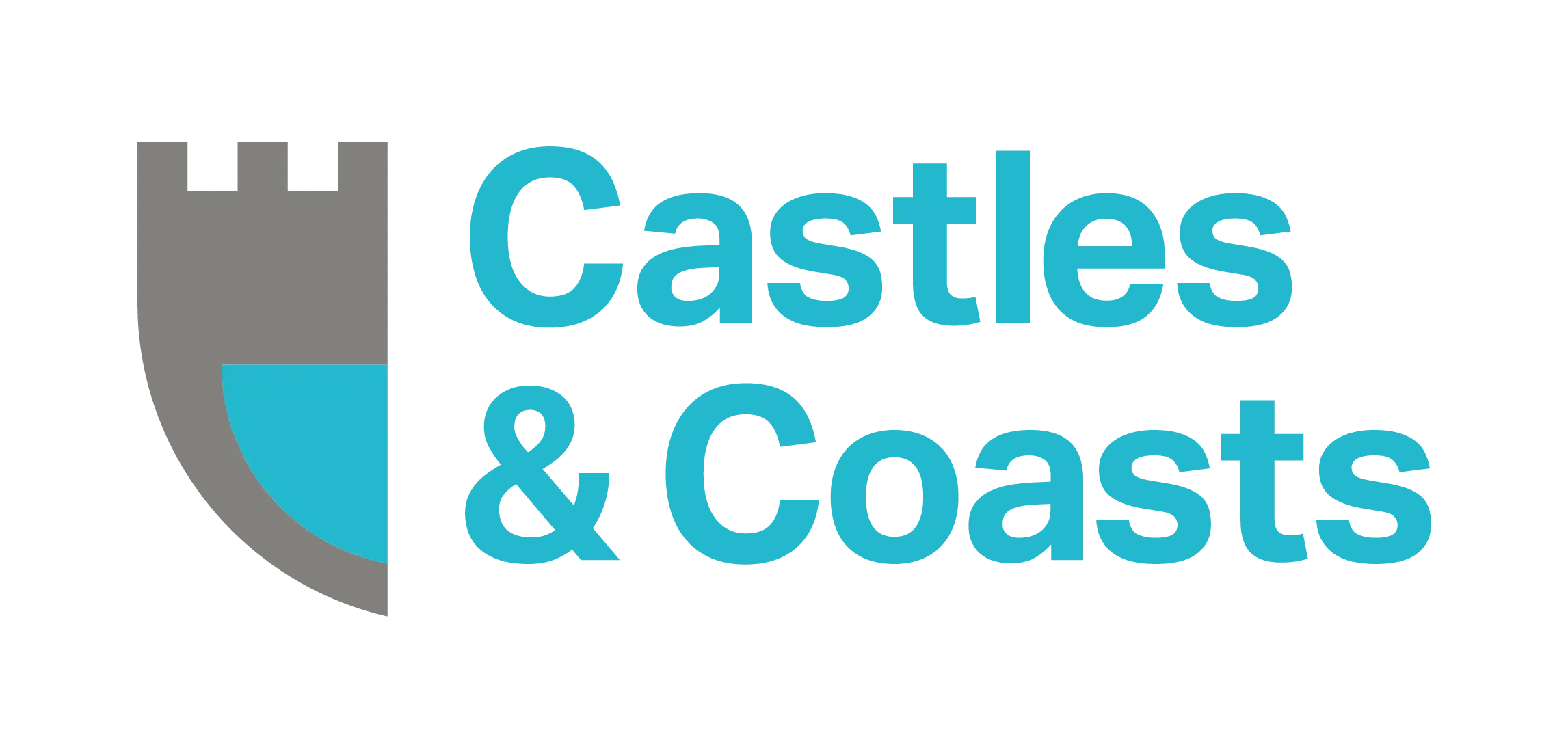The Project
Stonewater is one of the largest social housing providers in the UK, owning and managing around 39,000 homes for more than 82,000 customers.
Stonewater appointed Pennington Choices to conduct tier two damp and mould surveys on a range of houses within their property portfolio. These tier two surveys include:
• Observing damp and mould
• Identifying the root cause
• Providing recommended remedial actions
The property types include flats, terraced and semi-detached houses, traditional masonry builds, older Victorian houses, and timber-framed properties. Each survey is tailored to the specific building's requirements and is an inspection of the entire property.
The tiering system for these surveys varies based on whether the client requires an initial inspection or a comprehensive, end-to-end inspection. This can depend on their budget and building needs.
In addition to the tier two damp and mould surveys, Stonewater required additional intrusive investigations, including cavity wall inspections, calcium carbide tests, and thermal imaging.
We have a team of 26 qualified and experienced damp and mould surveyors who are allocated to the project based on their location and workload.
Our Approach
Prior to project initiation, we conducted several pilot surveys during the initial weeks and conducted a mobilisation meeting. We took this opportunity to demonstrate how we will fulfil Stonewater’s expectations as outlined in the tender. Discussions within the mobilisation meeting included project structuring, turnaround times, report formatting preferences, the use of our SharePoint system, meeting scheduling, and financial arrangements.
When scheduling meetings, we organised contract meetings at a higher strategic level between our project manager and Stonewater’s strategic partnership manager. Additionally, we held bi-weekly operations meetings with our planning, scheduling and dispatch team to ensure smooth operations and promptly address any issues that arose.
Our surveyors are recruited with all necessary training and experience, ready to begin work immediately. Our damp and mould specialists are knowledgeable in building pathology, with some being chartered and many holding CSTDB qualifications and years of practical experience.
To schedule the surveys, our planning, scheduling and dispatch team liaises with tenants to book appointments, ensuring a smooth process for everyone involved. Once appointed, our surveyors visit the sites to collect data and compile it into reports. All reports undergo Quality Assurance (QA) checks by our QA manager and are accessible to the client. We use the business management software, SimPRO, and generate reports using SafetyCulture during all surveys.
The Challenge
One challenge is posed when meeting Stonewater’s Key Performance Indicators (KPIs). Once the client requests a survey, we are required to attend site within five working days, with a completed and checked report to be sent within a further three days. There is a 90% target compliance rate which we consistently meet. This turnaround timescale is challenging, especially in circumstances where the properties were geographically isolated. To meet the KPIs, we maintain open internal communication about the deadlines, ensuring that surveyors and the QA manager are aware of the tight turnaround times and can prioritise completing jobs efficiently. In addition to this, we have expanded our surveyor base across the country, enabling us to access areas quicker and meet our KPI targets.
Our Achievement
To date, we have completed 211 surveys whilst adhering to KPIs and turnaround times specified by the client.
We are using a number of innovative technologies when undertaking the surveys. Our surveyors have a thermal imaging camera and are proficient in using it and interpreting the information to identify underlying defects within the building efficiently.
Additionally, we are equipped to conduct intrusive investigations when necessary, using a borescope to drill into walls and capture images for accurate diagnosis rather than relying on speculation.
We have developed a strong working relationship with the client, committed to averaging 25 surveys per month. Recently, we exceeded this target due to their requirements for additional work. For example, we successfully completed 45 surveys in March and 55 in April.
.webp?width=600&height=150&name=Pennington%20Choices%20Logo%20(reduced).webp)





